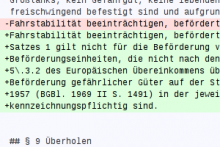Self-Hosting Email is Possible
I self-hosted for well over 20 years, I did not throw the towel and I do not plan to. Self-hosting is a sign of pride. Neither my government nor my Prime Minister nor even my Ministry of Interior or Foreign Ministry can host their own email.
Last time I checked, only State Security self-hosted.
I was probably lucky, but I rarely had delivery problems. The last one was a couple years ago with Microsoft swallowing my emails and it was due to the combination of a fairly old exim and a TLS certificate verification quirk at *.protection.outlook.com. I found a fix in the form of a configuration option somewhere on SO.
In all fairness, there is very little maintenance involved, and whenever I have to do maintenance work, I take the opportunity to learn something new. Like this year, I decided to finally replace my aging Debian jessie setup by Arch Linux, and I rewrote all cron jobs as systemd timers.
I must admit that when I send a really important email, I check the mail server log if it went off without errors, but this does not bother me as checking logs manually once in a while is a good thing anyway.
Lastly, a piece of advice: treat self-hosting like a hobby and learn to enjoy it.
Oh and the very last thing: the person who designed Exim configuration for Debian deserves a special place in hell for all the hours wasted. If you set up Exim on Debian, just figure out how to use the upstream exim config and adapt it to your needs.

